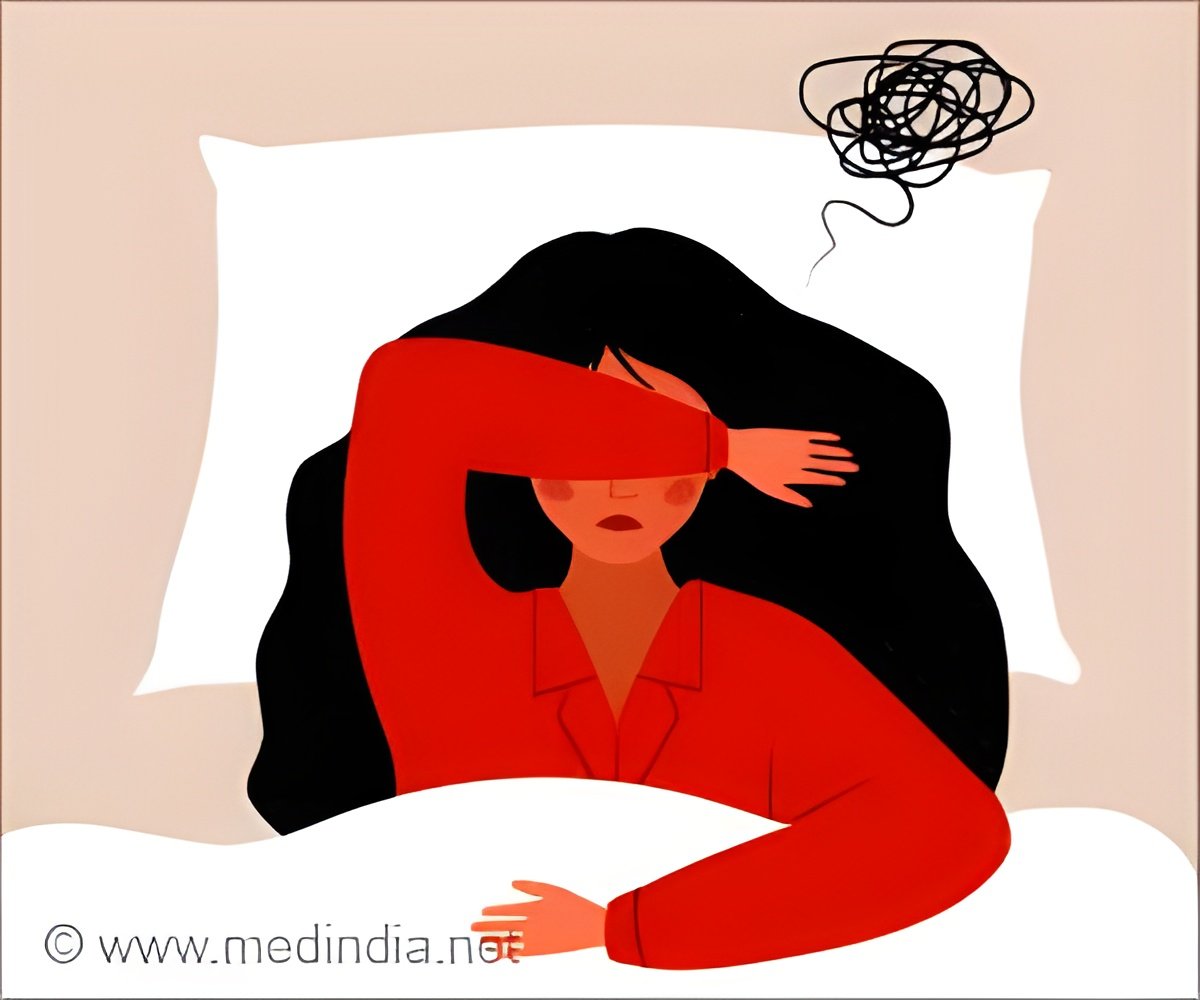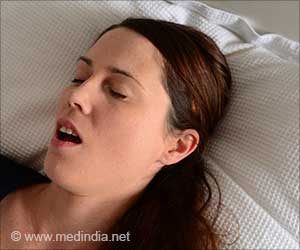Researchers discovered that improved sleep health correlates with decreased loneliness.

Rested and Connected: An Exploration of Sleep Health and Loneliness Across the Adult Lifespan
Go to source). Results indicate that better sleep health was associated with significantly lower total loneliness, emotional loneliness, and social loneliness.
‘Did You Know?
Chronic loneliness can increase the risk of premature death by 50%. #sleep #loneliness #mentalhealth’





While better sleep health was associated with lower total and emotional loneliness across ages, this association was stronger for younger adults. However, age did not moderate the association between sleep health and social loneliness. Chronic loneliness can increase the risk of premature death by 50%. #sleep #loneliness #mentalhealth’
“Loneliness is an urgent public health crisis, and there is a pressing need for providers to better understand and treat it,” said lead author and principal investigator Joseph Dzierzewski, who has a doctorate in clinical psychology and is vice president of research at the National Sleep Foundation in Washington, D.C.
The Sleep-Loneliness Connection
“Our results highlight the important role that sleep plays in understanding loneliness across the adult lifespan. Perhaps efforts to improve sleep health could have a beneficial effect on loneliness, especially for young people.”According to the American Academy of Sleep Medicine, sleep is essential to health. The AASM and the Sleep Research Society recommend that adults should sleep seven hours per night regularly to promote optimal health, productivity, and daytime alertness.
The study involved 2,297 adults with a mean age of 44 years; 51% were male. Participants completed an online sleep health questionnaire and loneliness scale. The researchers analyzed the results using correlation and linear regression analyses along with moderation analyses.
Advertisement
It noted that even before the onset of the COVID-19 pandemic, approximately half of U.S. adults reported experiencing measurable levels of loneliness.
Advertisement
“Why younger adults might experience more sleep-related benefits to loneliness than older adults is unknown and intriguing — certainly worth further investigation,” Dzierzewski said.
Reference:
- Rested and Connected: An Exploration of Sleep Health and Loneliness Across the Adult Lifespan - (https://academic.oup.com/sleep/article/47/Supplement_1/A319/7654860)
Source-Eurekalert














